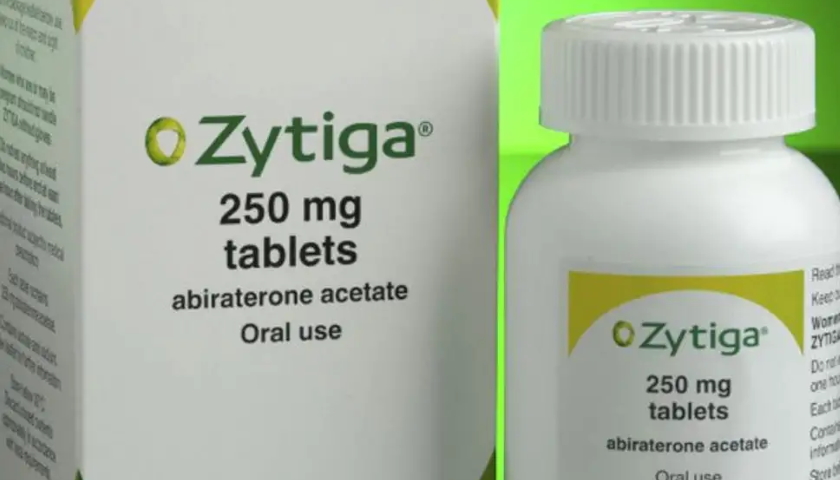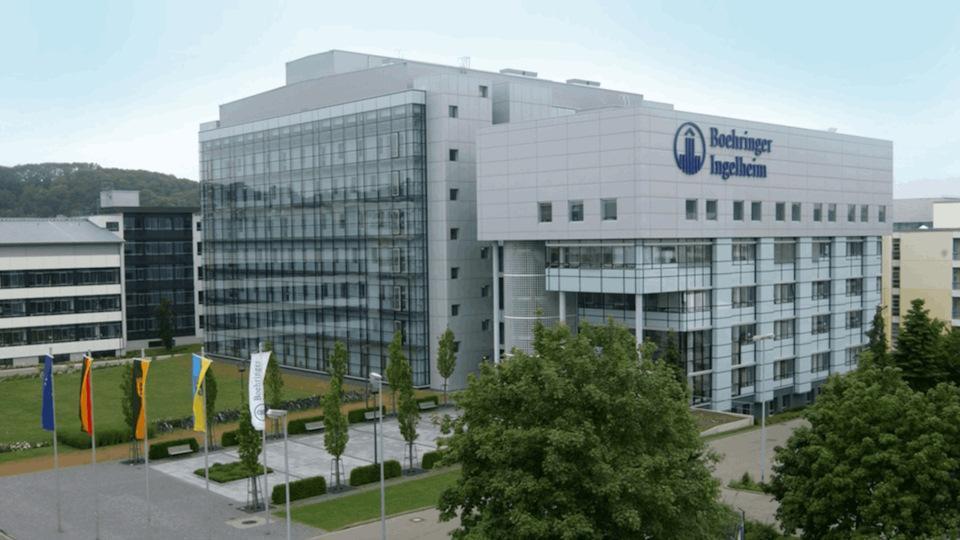J&J warns generics will bite its pharma unit in the second half

Johnson & Johnson has kicked off the interim results season with a warning that low-cost generic and biosimilar competition is ramping up its pharma business.
Low-cost competition has already started to affect J&J’s prostate cancer treatment Zytiga (abiraterone acetate), sales of which fell 23% to $698 million in the quarter, while arthritis antibody Remicade (infliximab) was down 16% to $1.1 billion.
Chief financial officer Joe Wolk said on the firm’s second-quarter results call that “we expect the largest impacts from generics and biosimilars for the year in our pharmaceuticals business to occur in the third quarter,” and the warning weighed on J&J’s shares despite solid results elsewhere in the pharma business.
J&J is also expecting “accelerated erosion” for pulmonary arterial hypertension (PAH) therapy Tracleer (bosentan) and red blood cell booster Procrit (epoetin alfa) in the US, as well as for its blood cancer drug Velcade (bortezomib) in ex-US markets, due to the emergence of generics and additional competitors in the market.
J&J guided at the start of 2019 that $3 to $3.5 billion of revenues could be under threat from generics or biosimilars by the end of the year. The company has actually trimmed that back to between $2.5 and $3.0 billion now, saying Zytiga isn’t being hit as quickly as expected while there was a delay in the introduction of generic Tracleer in the US.
J&J’s vice chair Joaquin Duato said on the call that the generic headwinds were being more than offset by nine products showing double-digit growth. Overall, the company posted a 1.7% increase in pharma sales to $10.5 billion, slightly ahead of analyst consensus forecasts, while group revenue dipped 1.3% to $20.6 billion.
Leading the charge is J&J’s newer blood cancer therapy Darzalex (daratumumab), which continued its steep ascent by growing almost 52% to reach $774 million in sales in the quarter, while AbbVie-partnered Imbruvica (ibrutinib) added 34% to $831 million, boosted by new indications including chemo-free first-line chronic lymphocytic leukaemia (CLL) treatment.
Psoriasis drugs Stelara (ustekinumab) and follow-up Tremfya (guselkumab) also performed well rising 16% to $1.6 billion and 87% to $235 million, respectively.
J&J is facing some litigation issues that could weigh heavily on its financial performance this year, however, including judgments in liability cases relating to its opioid painkiller and talc products.
On the Oklahoma opioids case which is now proceeding to judgment, Wolk commented that “the facts simply just don't align to what the state is claiming.”
State litigators want J&J to stump up the estimated $17 billion cost of rehab programmes to tackle an epidemic of opioid abuse, but Wolk said that “based on Oklahoma's own Medicaid reimbursement records, not just for a period of time, but for the last 20 years, less than 1% of the reimbursement occurred for Johnson & Johnson products.”













